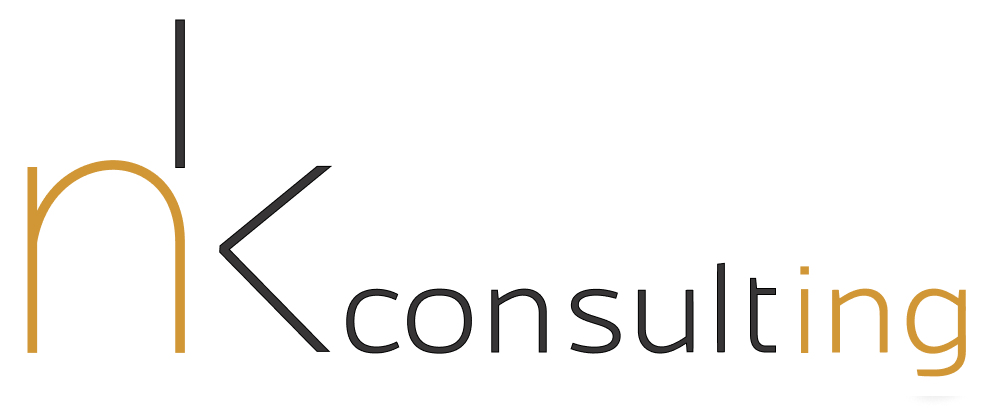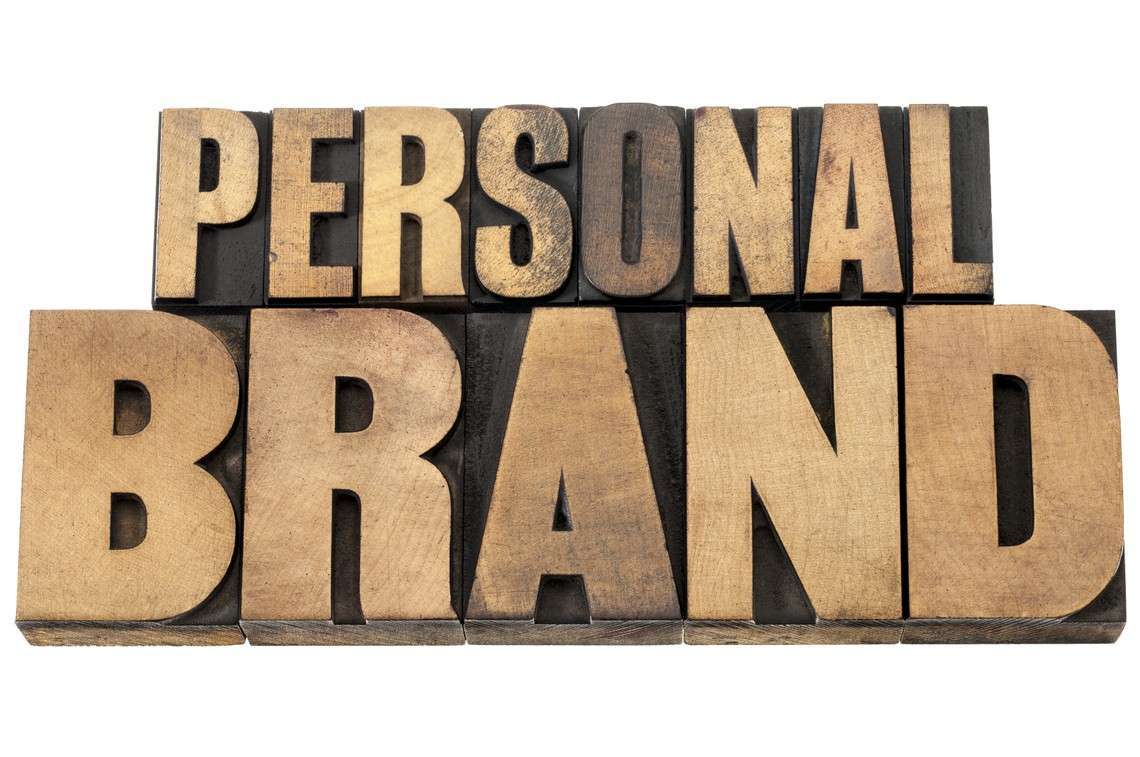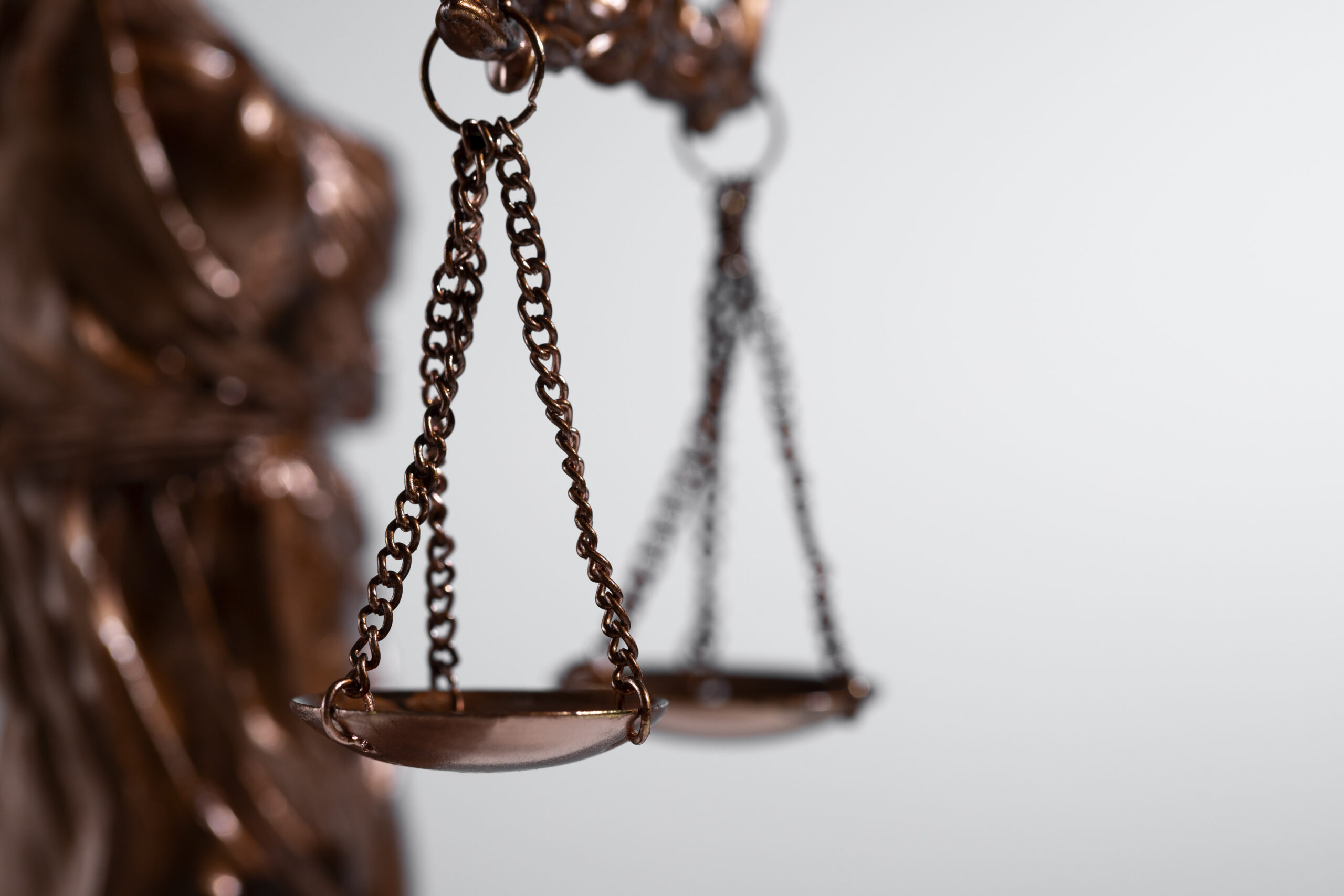
How a Personal Brand Can Help Lawyers Build Careers and Attract Clients
"Personal brand" – the term is trendy and on everyone's lips. But what it actually means, how to develop it, and why – remains unclear to many. Lawyers and PR professionals shared their perspectives, arguing that a personal brand can help attract new clients, achieve business growth, command higher fees as an employee, and even shape public discourse. After all, all else being equal, clients or employers will choose the more recognizable professional.
Pravo.ru is launching the first-ever ranking of lawyers' personal brands. Experts will evaluate candidates across dozens of parameters: media presence, social media activity, academic contributions, association involvement, conference participation, and more.
"The ranking has fueled interest in personal branding," says Natalia Klein, a legal business development specialist. "Demand for personal brand development has clearly grown recently, with lawyers showing more active engagement."
We examined what personal branding entails and how it benefits legal professionals.
What Is a Personal Brand, and How to Build It?
While the phrase "personal brand" has gained traction, its meaning isn’t universally understood.
"It’s not the same as reputation," explains Artem Abdukakharov, Director of Progress Communications Agency. "A personal brand is the image a person projects—consciously or not—through media appearances, social media, or work that garners attention. Reputation, however, is how clients, peers, and the public perceive one’s professionalism, and it can vary across audiences."
Branding services, he notes, don’t just boost visibility but also cultivate positive perception.
Artem Abdukakharov, Progress Communications Agency:
"Given two equal options, a client picks the one they’ve heard of. But if one is merely recognizable while the other comes recommended, the recommendation wins. That’s the difference between visibility and a strong reputation."
For lawyers, branding is shaped by:
- Media coverage (especially in business/economics outlets)
- Social media activity
- Academic work
- Conference speaking
- Legislative engagement
"Today, an online presence is non-negotiable," asserts Klein. "Active social media and media contributions are the most effective tools."
Unconventional tactics—like a St. Petersburg lawyer suing a TV channel over "stress from negative news"—may draw attention, but their impact is debatable.
"Unorthodox methods attract eyeballs, but for lawyers, the best approach is philanthropy—not shock value," advises Klein.
Conservative Views: Substance Over Hype
Many lawyers, like Andrey Korelsky (Managing Partner, KIAP), prioritize substance over self-promotion.
Andrey Korelsky, KIAP: "I don’t believe in 'personal brands.' What matters is reputation—being seen as trustworthy, competent, and ethically sound."
Korelsky argues fame is often hollow, citing "overhyped mediocrity" that prioritizes appearances over expertise. The legal field, he notes, has low-profile achievers who thrive without social media.
Why Build a Personal Brand?
The decision hinges on career goals. Those content with stability may skip it; aspiring leaders or entrepreneurs gain a competitive edge.
Abdukakharov: "Word-of-mouth works—until you want to pivot industries, switch firms, or proactively attract clients. Lawyers who invest in branding ultimately secure more clients, job offers, and partnerships."
Andrey Knyazev, Chairman of Knyazev & Partners, agrees:
"Our firm’s visibility draws clients. My brand and my partners’ reputations are key assets."
But he cautions: "Not all fame is equal. A partner who’s all talk shows and no substance is worthless."
In-house lawyers also benefit, says Oraz Durdyev (AB InBev Efes): "It elevates both their employer’s reputation and their own market value."
Abdukakharov adds: "In-house lawyers often neglect branding until they job-hunt. But it’s a long game—start early."
It’s also critical for:
- "Extraordinary ability" immigration (U.S./Canada/Europe)
- International rotations
- Shaping public discourse
"A strong brand lets you influence opinions and establish expertise," concludes Klein.



